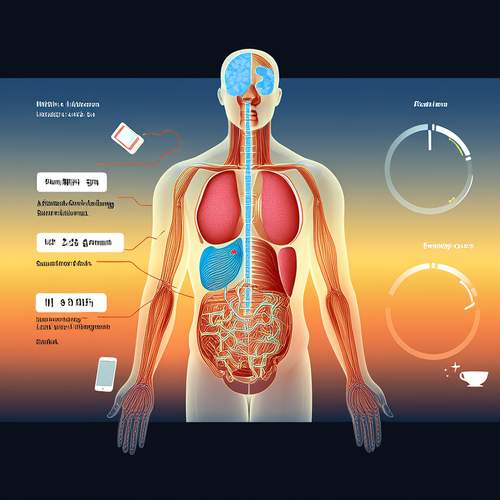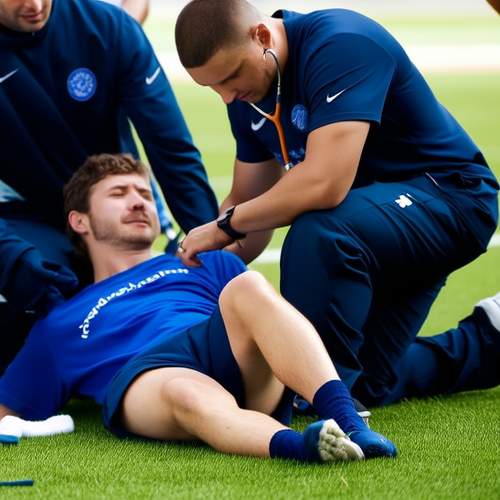The concept of timing in sports nutrition is often overlooked, yet it plays a pivotal role in optimizing performance, recovery, and overall athletic progress. Whether you're a professional athlete or a weekend warrior, understanding when to fuel your body can make the difference between hitting a personal best or struggling through a workout. The science behind nutrient timing is complex, but its principles are accessible to anyone willing to pay attention to their body's signals and the clock.
Pre-Workout Nutrition: What you eat before exercise sets the stage for how your body performs. Consuming the right nutrients 30 minutes to 3 hours before a workout can enhance energy levels, delay fatigue, and improve endurance. Carbohydrates are the primary fuel source for high-intensity activities, while a moderate amount of protein can help prevent muscle breakdown. Fats, though slower to digest, can be beneficial for longer, low-intensity sessions. The key is to experiment with timing and portion sizes to find what works best for your body and the type of exercise you're engaging in.
The Intra-Workout Window: For workouts lasting longer than an hour, intra-workout nutrition becomes crucial. During prolonged physical activity, glycogen stores deplete, and muscle protein breakdown accelerates. Consuming easily digestible carbohydrates, such as sports drinks or gels, can help maintain energy levels. Adding a small amount of protein or branched-chain amino acids (BCAAs) may further reduce muscle damage. The goal here isn't to eat a full meal but to provide just enough nutrients to sustain performance without causing digestive discomfort.
Post-Workout Recovery: The period immediately after exercise is often referred to as the "anabolic window," a time when your body is primed to absorb nutrients for repair and growth. Consuming a combination of protein and carbohydrates within 30 to 60 minutes post-exercise can significantly enhance muscle recovery and glycogen replenishment. Fast-digesting proteins like whey and simple carbohydrates are ideal during this phase. However, recent research suggests that the window may be wider than previously thought, especially for those who have consumed adequate pre-workout nutrition.
Beyond the Gym: Nutrient timing isn't just about the hours surrounding your workout. What you eat throughout the day matters just as much. Spreading protein intake evenly across meals ensures a steady supply of amino acids for muscle maintenance and growth. Carbohydrate timing should align with your activity levels—higher around workouts and lower during sedentary periods. Hydration, too, requires constant attention, as even mild dehydration can impair performance and recovery.
Individual Variability: While general guidelines exist, the optimal timing strategy varies from person to person. Factors such as the type of sport, intensity of training, body composition goals, and even genetics influence how your body responds to nutrients at different times. Some athletes thrive on fasted training, while others need a steady stream of fuel. The only way to find your ideal timing is through careful observation, experimentation, and sometimes, professional guidance.
Mastering the art of nutrient timing won't happen overnight, but the rewards are worth the effort. By aligning your eating habits with your body's physiological needs, you can unlock new levels of performance, accelerate recovery, and achieve your fitness goals more efficiently. The clock is ticking—will you use it to your advantage?

By /May 21, 2025

By /May 21, 2025

By /May 21, 2025

By /May 21, 2025

By /May 21, 2025

By /May 21, 2025

By /May 21, 2025

By /May 21, 2025

By /May 21, 2025

By /May 21, 2025

By /May 21, 2025

By /May 21, 2025

By /May 21, 2025

By /May 21, 2025

By /May 21, 2025

By /May 21, 2025

By /May 21, 2025

By /May 21, 2025

By /May 21, 2025

By /May 21, 2025